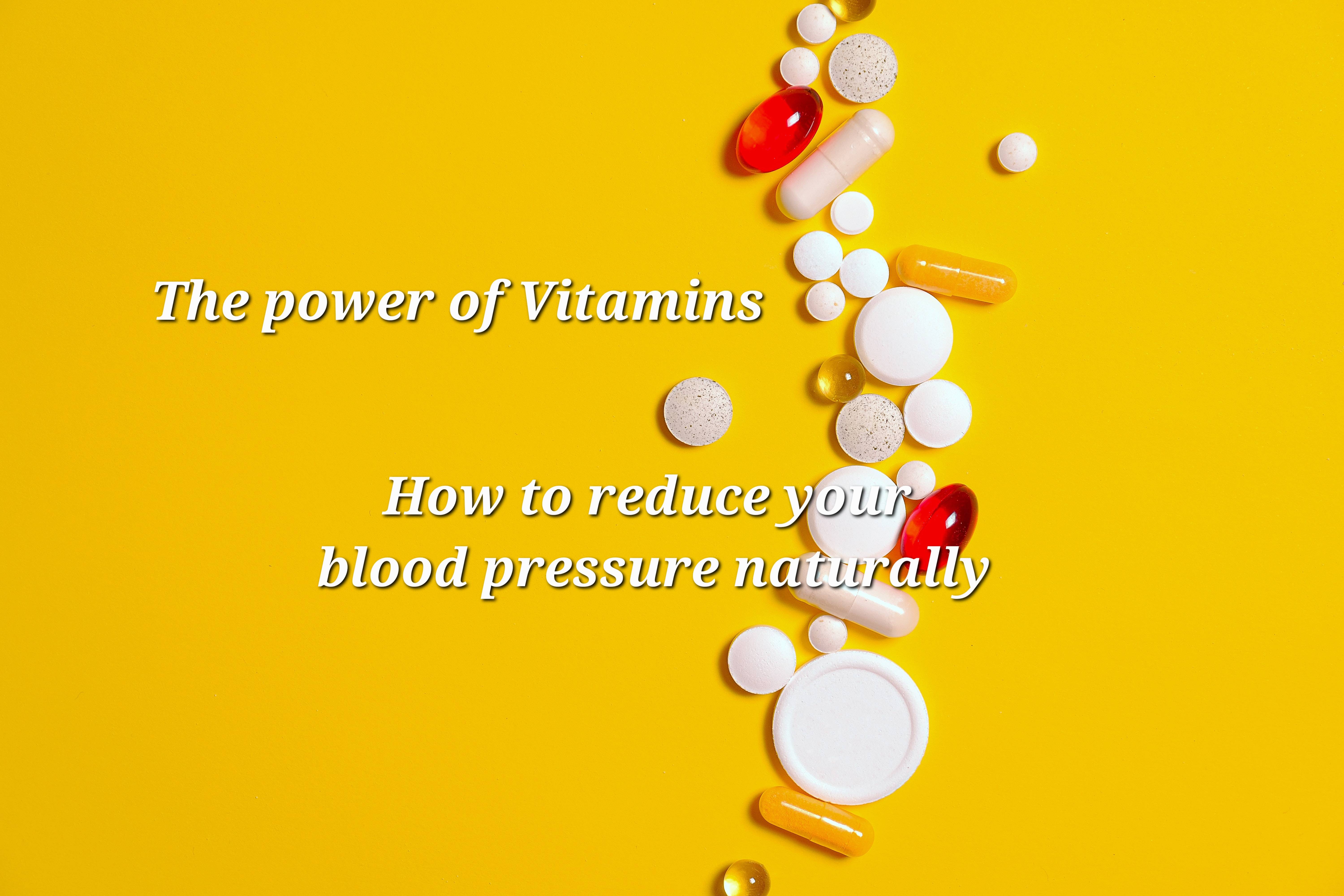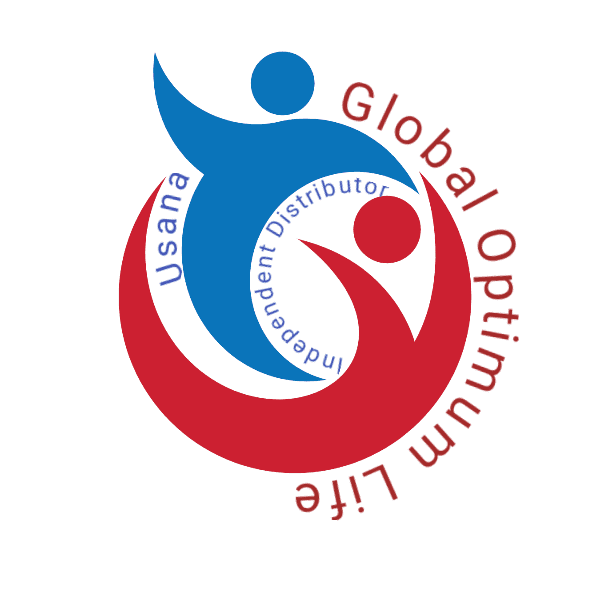"The power of vitamins: How to reduce your blood pressure naturally"

"Welcome to my blog! Today, we're going to explore the research on the relationship between high blood pressure and certain vitamins and supplements. Please note that the information provided in this video is for educational and informational purposes only, and is not intended to be a substitute for professional medical advice, diagnosis, or treatment. Always consult with your physician or other qualified healthcare provider before taking any vitamin supplements, as they may interact with other medications or medical conditions. Also, keep in mind that the information presented in this video is based on limited research and should be taken as a general guideline. With that said, let's get started!"
High blood pressure, also known as hypertension, is a common condition that affects millions of people worldwide. Blood pressure is a measure of the force that blood exerts on the walls of the blood vessels as it flows through them. A normal blood pressure reading is usually around 120/80 mmHg (millimeters of mercury) or lower. The first number in a blood pressure reading is the systolic pressure, which measures the force of blood against the artery walls as the heart beats and pushes blood out into the body. The second number is the diastolic pressure, which measures the force of blood against the artery walls as the heart rests between beats. 90/60 considerd Low blood pressure while high blood pressure is defined as a reading of 140/90 mmHg or higher. If left untreated, high blood pressure can lead to serious health problems such as heart disease, stroke, kidney disease, and vision loss. It's important to work with your healthcare provider to monitor your blood pressure and take steps to manage it if it is consistently high. This can include lifestyle changes such as eating a healthy diet, getting regular exercise, and reducing salt intake, as well as medications if necessary.
To manage high blood pressure, it's important to work with your healthcare provider. They may recommend lifestyle changes such as:
• Eating a healthy diet
• Getting regular exercise
• Reducing salt intake
In addition to these lifestyle changes, some vitamins and supplements may be beneficial in reducing blood pressure levels. Let's take a closer look:
• "Vitamin B -is a group of water-soluble vitamins that are essential for our overall health. The B vitamins, which include thiamine, riboflavin, niacin, B6, folate, and B12, play important roles in energy metabolism, nerve function, and DNA synthesis. Several studies have investigated the effects of B vitamins on blood pressure, with mixed results. However, a meta-analysis of 13 randomized controlled trials published in the Journal of Hypertension found that B vitamin supplementation may help lower blood pressure levels, particularly in people with hypertension.
• "Vitamin C,-also known as ascorbic acid, is a water-soluble vitamin that is essential for our overall health. It plays a key role in boosting our immune system, improving iron absorption, and promoting healthy skin and hair. Research published in the American Journal of Clinical Nutrition suggests that taking Vitamin C supplements may also help lower blood pressure levels, including both systolic and diastolic readings. This effect is more prominent in people with hypertension."
• "Vitamin D -is a fat-soluble vitamin that is crucial for maintaining healthy bones and teeth, as well as supporting our immune system. It is commonly known as the 'sunshine vitamin' as our body can synthesize it when exposed to sunlight. Research published in the American Journal of Hypertension has shown that low levels of vitamin D are associated with higher blood pressure levels. Vitamin D supplementation may be beneficial in reducing blood pressure levels in people with hypertension.
• "Vitamin E- is a fat-soluble vitamin that acts as a powerful antioxidant in our body. It helps protect our cells from damage caused by free radicals and supports our immune system. A systematic review of multiple studies published in the Journal of Human Hypertension found that Vitamin E supplementation may help lower blood pressure levels, particularly in people with hypertension.
It's important to note that more research is needed to fully understand the relationship between vitamins and hypertension. Always talk to your healthcare provider before taking any vitamin supplements, as they may interact with other medications or medical conditions.
Remember, supplements should never replace a healthy diet and lifestyle. Talk to your healthcare provider to ensure that the supplements are safe and appropriate for you, and to receive guidance on other lifestyle changes that can help improve your health."
"Thank you! If you found this blog valuable, please give it a thumbs up, share it with your friends, and don't forget to subscribe for more content like this. Your support means a lot to me. See you in the next blog!"
"If you're interested in learning more about the supplements I recommended or would like to chat with me about them, feel free to connect with me on Facebook Messenger by clicking this link: http://m.me/globaloptimumlife. I'm happy to answer any questions you may have!"
